Singapore Eases PR Path for International Students with New National Exam Requirements
 2 Min Read
2 Min Read
According to the new laws, student pass holders who wish to obtain permanent residency (PR) in the city-state must have sat at least one national examination, such as PSLE or GCE ‘N’/’O’/’A’ levels, among others. They may also apply for PR if they are enrolled in an integrated programme.
This move represents a significant departure from the previous conditions, where international students were required to remain in Singapore for at least two years before being eligible for PR upon completing their studies.
All permanent residents and students aged 15 and above are allowed to submit their applications via the ‘Singpass’ or ‘non-Singpass’ mode on the Immigration and Checkpoints Authority’s online platform.
This regulation has evolved over the years. Previously, only female guardians, such as mothers or grandmothers, could apply for a long-term visit pass to accompany students, while male guardians had no such provision.
International students are permitted to be accompanied into Singapore by only one guardian.
Any person registered at a Singaporean university as an international student must apply for a student pass if they do not already hold a dependent’s pass, long-term visit pass (LTVP), or short-term visit pass.
Students enrolled in part-time courses or courses conducted in the evenings or on weekends are not eligible for a student pass, as per ICA regulations.
In terms of quality of life, graduates will be able to live and work in Singapore without visa issues and will have access to social services and a naturalisation pathway.
Earlier, the Second Minister of Home Affairs, Josephine Teo, mentioned that more than 80% of foreigners applying for permanent residence in Singapore were approved.
According to information from the Ministry of Education and the ICA, there were more than 79,300 international student pass holders in Singapore as of the end of January 2023.
Source: ICA.GOV.SG
Top Stories

Trump Administration Slashes $100m in Study Abroad Funding, Sparking Backlash
August 22, 2025 | By Advay
Calls grow in India to boycott US study amid tariff row
August 19, 2025 | By Aahana
Schengen Visa to Go Digital: EU to Launch Biometric Entry System from October 12
August 1, 2025 | By JaceMore Articles

Canada Accepts TOEFL Essentials for Economic Migration
In a significant development for international applicants, Immigration, Refugees and Citizenship…
By Jace
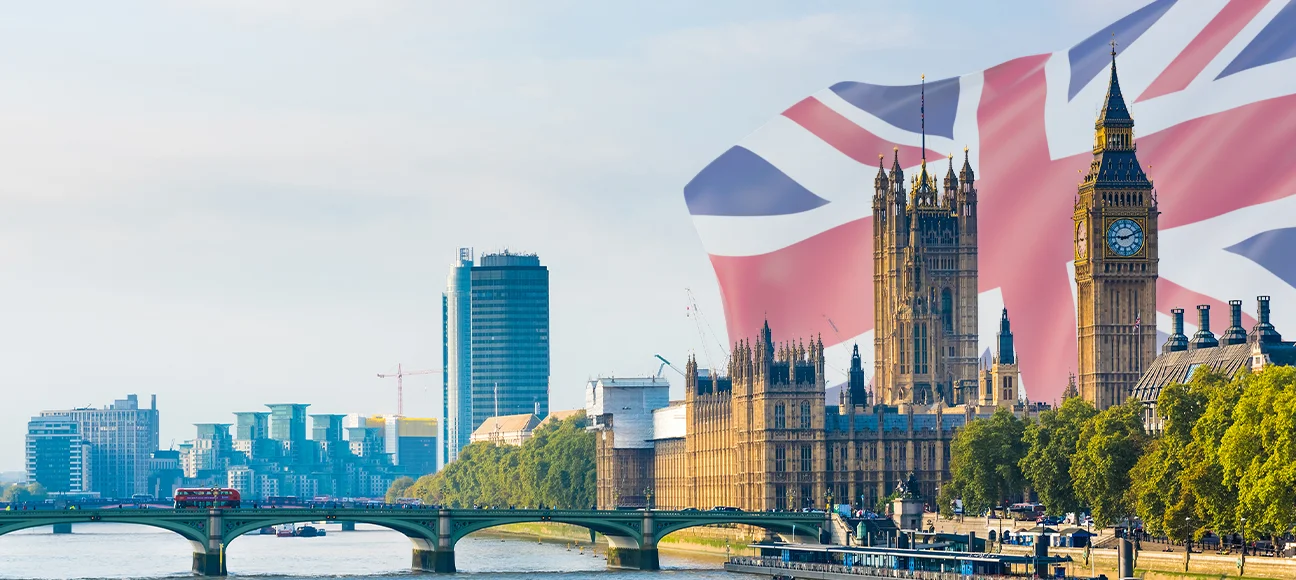
UK Government Opens Applications for Commonwealth Shared Scholarships 2025
Applications are now open for the Commonwealth Shared Scholarships 2025, announced by the…
By Vaidant

Niger East Senator Sends 200 Students Abroad on Landmark Scholarship
In a landmark educational initiative, Senator Mohammed Sani Musa of Niger East has…
By Aahana

OPT programme under threat as US lawmakers push for termination, new taxes, and stricter rules
The United States Optional Practical Training (OPT) programme, a crucial pathway for international…
By Daniel

Trump Administration Slashes $100m in Study Abroad Funding, Sparking Backlash
The United States has announced sweeping cuts to study abroad programmes, slashing $100 million in funding…
By Advay

Egypt and Czech Republic to Strengthen Higher Education Cooperation
Egypt and the Czech Republic are set to deepen their higher education ties, with both countries agreeing…
By Henry

UK Universities Eye Expansion in India’s GIFT City
UK universities are exploring opportunities in Gujarat’s GIFT City as India positions…
By Jace

US TOEFL Raters Claim Loss of Work as ETS Moves Scoring Offshore
A petition by TOEFL speaking raters in the United States has accused the Educational Testing…
By Siya

Fulbright at 75, Reform at 30: Celebrating US–Korea Educational Exchange
South Korea is marking two major milestones this year; the 75th anniversary of the…
By Kai

Calls grow in India to boycott US study amid tariff row
Tensions between India and the United States are spilling into the education sector as calls mount…
By Aahana
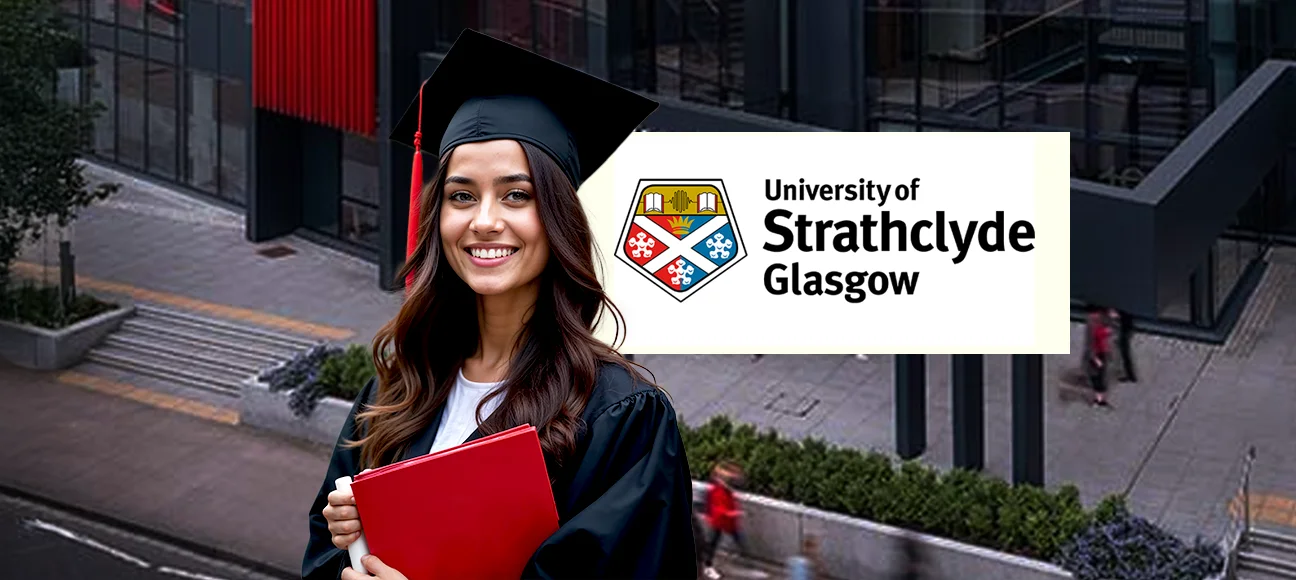
University of Strathclyde Opens Scholarship and Postgraduate Applications for 2025
The University of Strathclyde in Glasgow, United Kingdom, has announced that applications…
By Vaidant

Alumni Urge Harvard to Resist $500m Settlement with Trump Administration
Over 15,000 Harvard alumni, faculty, researchers and staff have signed an open…
By Neerav

SAT & TOEFL Olympiad 2025 Registrations Open for Classes 9–12
Registrations are now open for the SAT & TOEFL Olympiad 2025, offering students in Grades…
By Henry

Surge in Chinese Students as UK University Acceptances Rise by 13%
The number of Chinese undergraduates accepted into UK universities has surged by 13% in the past…
By Siya

UAE emerges as MENA’s leading study hub as global interest surges
The United Arab Emirates has cemented its position as the Middle East and North Africa’s most…
By Daniel

US Slashes $100m in Study Abroad and Exchange Programmes
The United States has cancelled funding worth $100 million for at least 22 international exchange and…
By Jace

Chevening Scholarships 2026–27 Applications Open for Indian Students
The application window for the prestigious Chevening Scholarships 2026–27 is now open, offering…
By Advay

Berlitz Dublin Joins ILSC Education Group in First European Acquisition
ILSC Education Group, a global leader in language education and vocational training, has…
By Kai
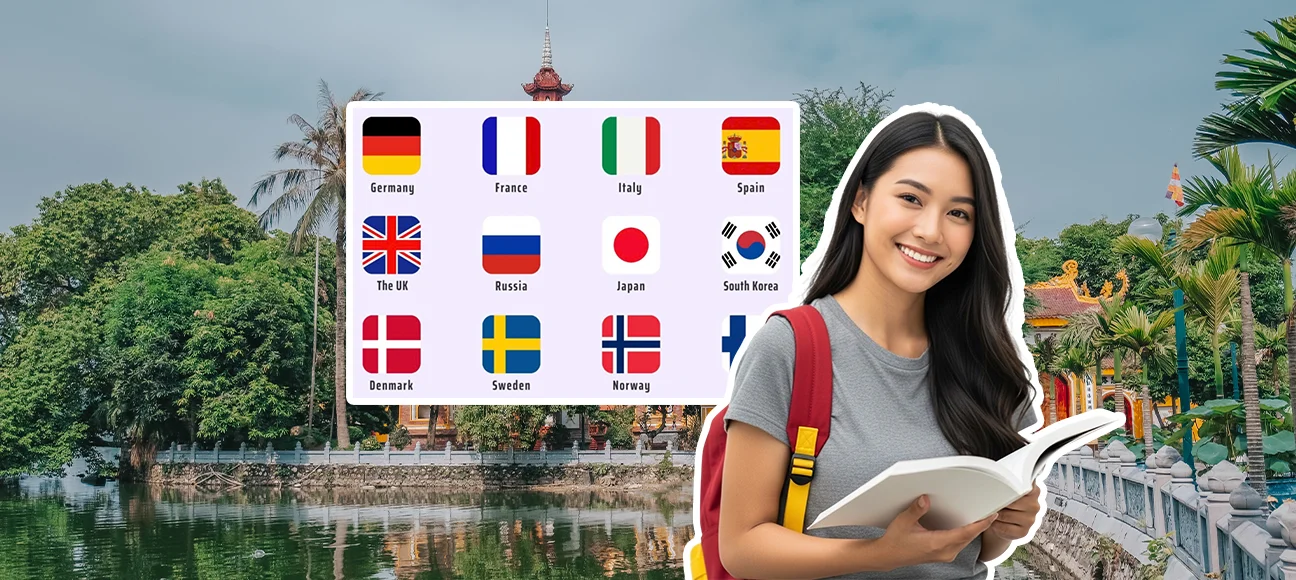
Vietnam Announces 45-Day Visa Waiver for Citizens of 12 Countries
Vietnam has introduced a new visa-free entry policy allowing citizens from 12 countries to stay for up to 45 days…
By Ezra

US to Scrap ‘Dropbox’ Visa Renewals from September 2, 2025
The United States will end its ‘Dropbox’ visa renewal option, officially known as the Interview Waiver Program, for…
By Henry

New Zealand Targets Major International Education Growth with Cautious Approach
New Zealand has unveiled ambitious plans to expand its international education sector, aiming to boost…
By Kai

Malaysia Emerges as Rising Hub for International Students
Malaysia is rapidly transforming into a major education destination, recording a 26% rise in international…
By Neerav
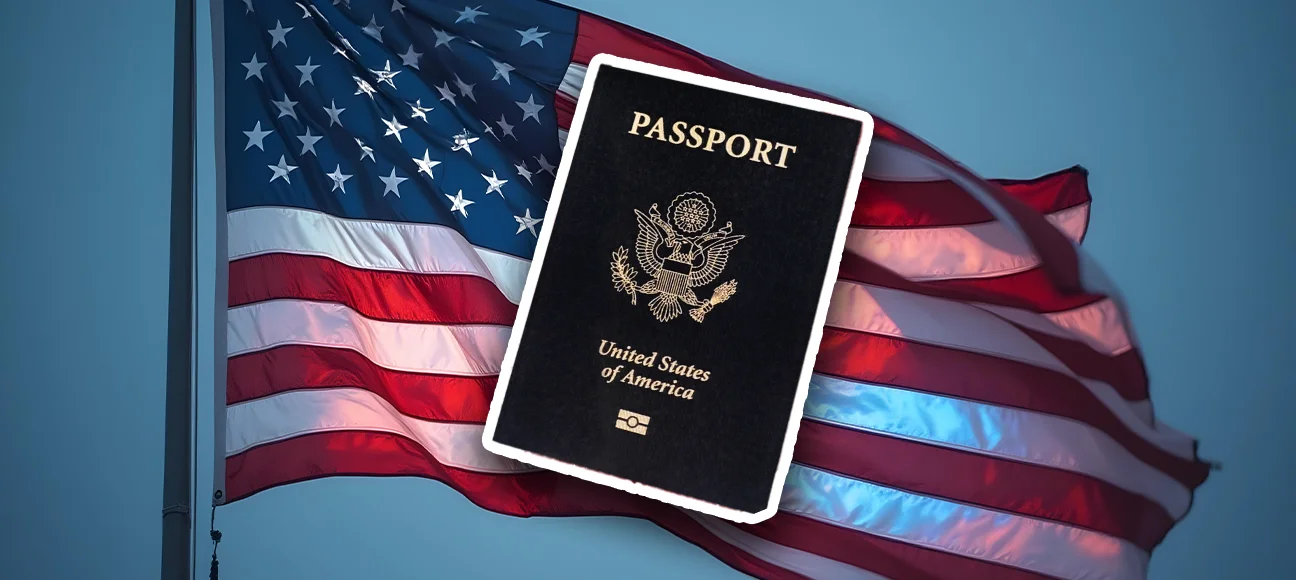
US Student Visa Time Limit Rule Nears Final Approval
The United States is moving closer to implementing fixed time limits on international student visas…
By Vaidant

Japan Plans to Ease University Enrolment Limits to Attract More International Students
Japan’s Ministry of Education, Culture, Sports, Science and Technology (MEXT) has unveiled plans to relax enrolment…
By Aahana

New Zealand to Increase Work Hours for International Students from 2025
New Zealand will raise the limit on in-study work hours for international students from…
By Jace

UK Universities Warn of £620m Hit from International Student Levy
UK universities could collectively lose more than £620 million annually if the government…
By Daniel
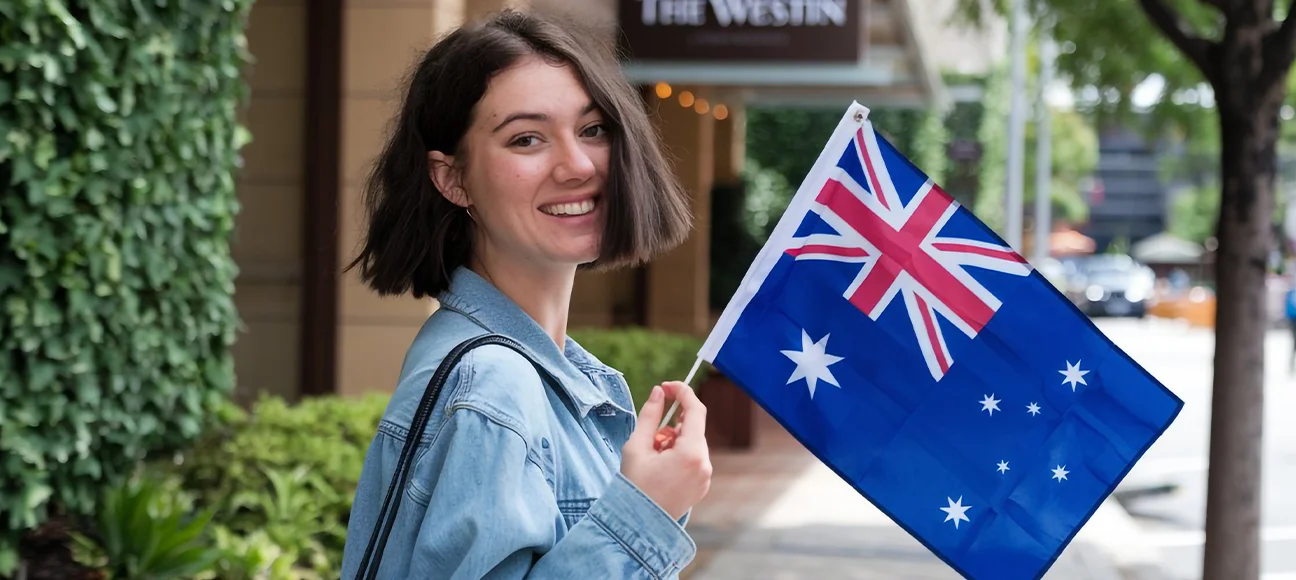
Australia Expands Accepted English Language Tests for Visa Applications
Australia’s Department of Home Affairs has widened the list of recognised English language…
By Siya

Australia Raises Cap on International Student Enrolments for 2025–26
In a bid to strengthen its position as a global education hub, Australia has raised its cap on…
By Ezra

UK Labour Shortages Shaping International Student Choices, Study Reveals
United Kingdom labour shortages in key sectors such as healthcare and IT are significantly…
By Advay

Saudi Arabia’s Private K-12 Education Sector Booming, Says Deputy Minister
Saudi Arabia’s private K-12 education sector is witnessing rapid growth, with demand for…
By Henry

Canada Sees 48% Plunge in Study Visas as Enrolment Cap Bites
Canada has witnessed a dramatic 48% drop in the number of new study permits issued in 2024, marking a significant…
By Kai

Nigerian Students Hit by New 3-Month, Single-Entry US Visa Rule
Nigeria is among 26 countries affected by a recent US State Department decision to reduce the validity and entry…
By Neerav

Australia to Raise International Student Enrolment Cap to 295,000 in 2026
Australia has announced an increase in its international student enrolment cap to 295,000 for 2026, allowing an additional…
By Advay

Schengen Visa to Go Digital: EU to Launch Biometric Entry System from October 12
The European Union is set to revolutionise travel across its borders with the introduction of a digital…
By Jace

UAE Teachers Receive Advanced Training in Russia to Boost Education Reforms
A group of elite educators from the United Arab Emirates (UAE) recently completed a specialist training programme…
By Ezra

India-UK Vision 2035 Set to Transform Education Landscape
In a landmark move, India and the United Kingdom have signed a £6 billion trade deal, with the India-UK Vision 2035…
By Ezra

Canada Adds Officer Notes to Visa Refusals, But Experts Urge Caution
In a significant shift towards greater transparency, Immigration, Refugees and Citizenship Canada (IRCC) has begun…
By Siya

Egyptian Universities Sign Landmark Agreement with University of Louisville
In a significant step towards strengthening its global academic footprint, Egypt has entered into 12 co-operation agreements with…
By Vaidant
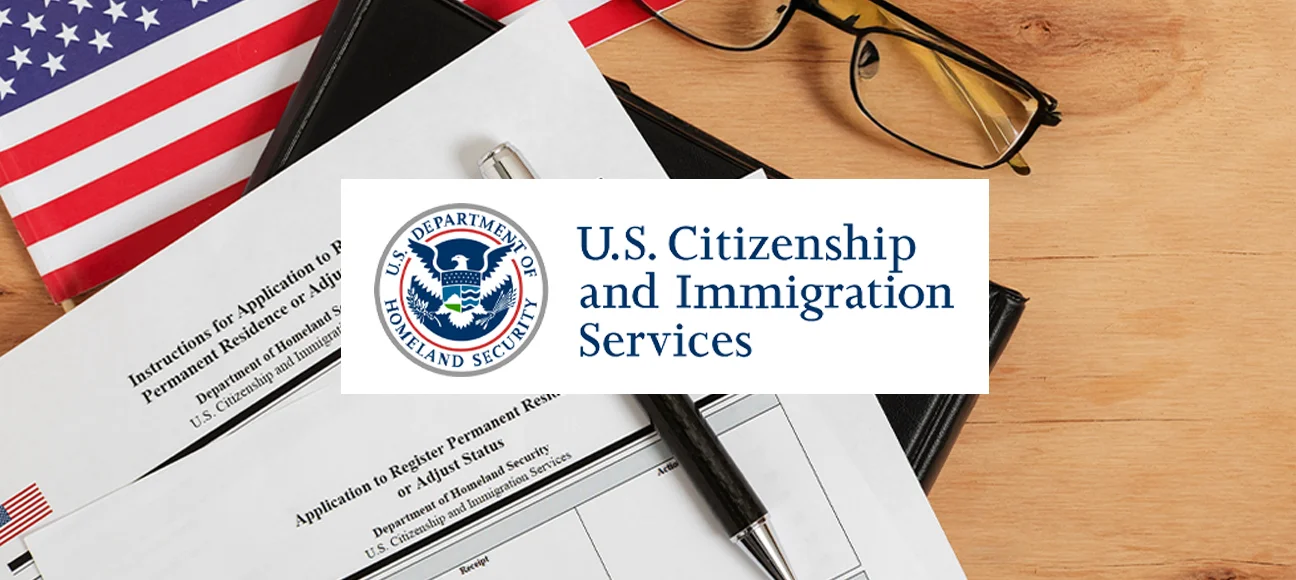
USCIS Director Proposes Wage-Based Overhaul of H-1B Visa Programme
The United States may soon see sweeping changes to its H-1B skilled worker visa system, as the new director of US Citizenship and…
By Daniel

University of Glasgow Announces €18,750 MBA Scholarship for 2025 Intake
The University of Glasgow, one of the United Kingdom’s most prestigious institutions, has launched the Glasgow MBA…
By Henry

UK and Australian Universities to Launch New Campuses in India Amid Education Expansion
In a landmark move reflecting India’s growing appeal as a global education hub, four international universities from…
By Aahana

Canada Faces Deepening Decline in International Student Numbers
Canada’s international education sector is facing a growing crisis as new figures confirm a sharper-than-expected drop in…
By Advay

US Faces $7 Billion Hit Due to Drop in International Students
The United States is poised to suffer a staggering $7 billion economic loss this year as visa appointment delays and…
By Kai

UK Mandates eVisas for International Students and Foreign Workers from July 2025
The United Kingdom has announced a major shift in its visa system, making eVisas mandatory for international…
By Jace

Future of Over 7,000 Indian Students in North Carolina at Risk Amid US Visa Delays
More than 7,000 Indian students enrolled in North Carolina universities face an uncertain future as the United States grapples…
By Aahana

Australia Earns $50 Billion Net from International Students, Says RBA
The Reserve Bank of Australia (RBA) has estimated a staggering AUD $50 billion net gain from international students, underlining…
By Ezra

US Lawmakers Urge Rubio to Resolve Indian Student Visa Delays Amid Growing Backlog
A bipartisan group of US lawmakers has called on Secretary of State Marco Rubio to urgently resolve visa processing delays…
By Siya

French Business School KEDGE to Launch Associated Campus in India by 2025
In a significant step toward global expansion, France’s prestigious KEDGE Business School has announced plans to launch its…
By Daniel

London Metropolitan University Exits Bangladesh Amid Stricter UK Visa Compliance Rules
London Metropolitan University has announced its decision to withdraw from the Bangladeshi student recruitment market…
By Siya
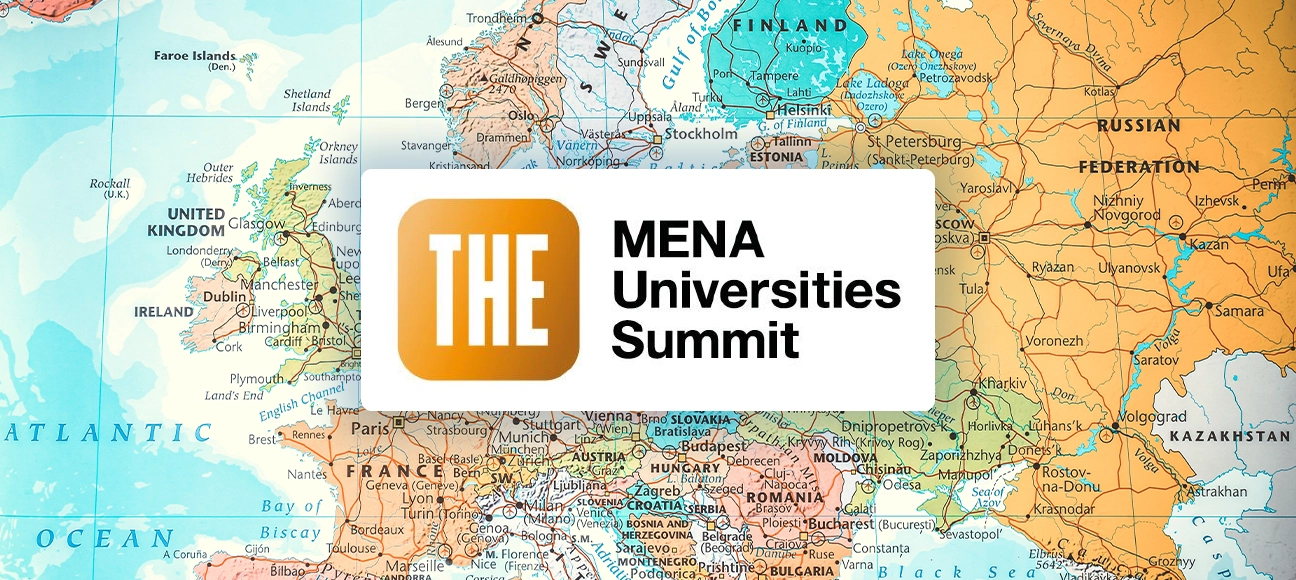
Strategic Investments Drive MENA Universities Up in QS World Rankings
Universities across the Middle East and North Africa (MENA) region have made major strides in the 2026 QS World University…
By Advay

Malaysia Redirects US-Bound Students Amid Visa Chaos and Rising Uncertainty
Malaysia has redirected over 130 students away from the United States to alternative study destinations, citing ongoing…
By Kai

US Launches Investigation into Harvard’s Exchange Visitor Programme
The United States has launched a federal investigation into Harvard University’s continued eligibility to participate in the…
By Henry

India and China Responsible for 60% of US Student Visa Decline in May 2025
The United States has seen a significant year-on-year decline in international student visa issuance, with…
By Neerav

Australia May Cut Student Visa Fees for Short-Term Study Programs Amid Sector Struggles
Australia’s international education sector is pushing for urgent reforms as the country’s recently…
By Vaidant

US Sees 22% Drop in Student Visas as Policy Shifts Spark Global Concern
The United States is facing a significant downturn in international student visa issuance, with…
By Aahana

University of Sheffield Opens Applications for BSc Computer Science (AI) for September 2026 Intake
The University of Sheffield in the United Kingdom has officially opened applications for its…
By Siya

Finland and India Nearing Landmark Mobility Agreement to Boost Skilled Migration
India and Finland are on track to finalise a landmark agreement that will ease mobility…
By Henry

Canada Announces Federal Audit of International Student Program to Restore Trust and Oversight
The Canadian government has announced a federal audit of its International Student Program in a…
By Kai
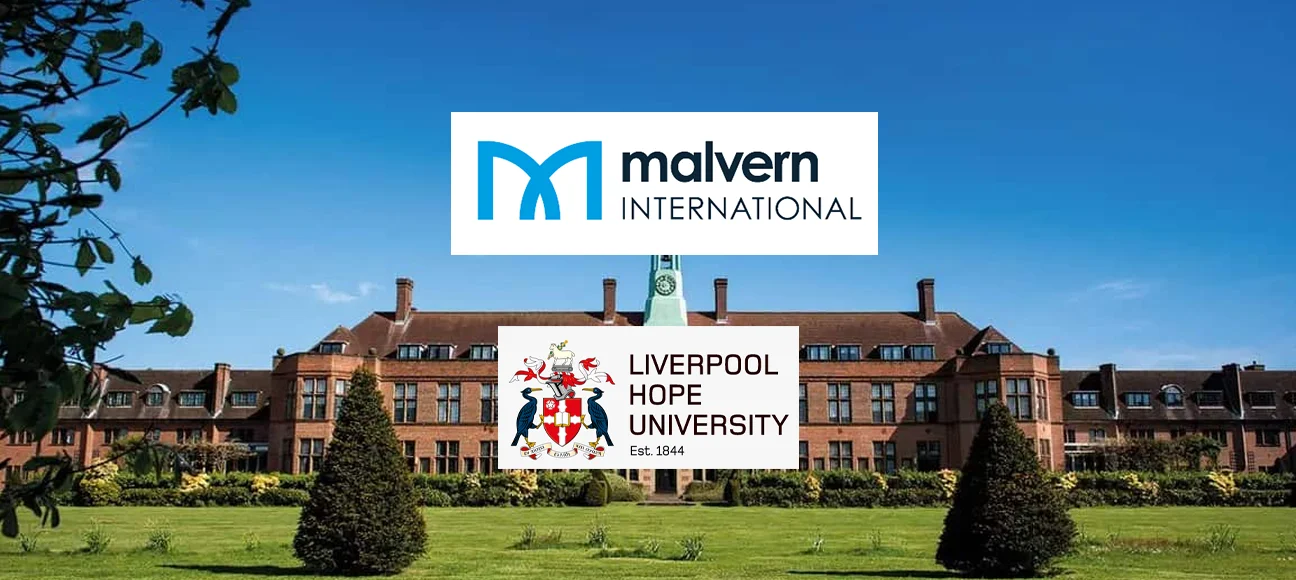
Malvern International Partners with Liverpool Hope University to Launch Pathway Programmes by 2026
Malvern International has announced a strategic five-year partnership with Liverpool Hope…
By Neerav

Australian University Networks Propose New Vision for International Education
Two major Australian university consortia – the Innovative Research Universities (IRU) and the Regional Universities…
By Jace

Record Number of Chinese Students Apply to UK Universities Through UCAS
The United Kingdom has witnessed a record surge in Chinese undergraduate applications this year, according to the…
By Henry
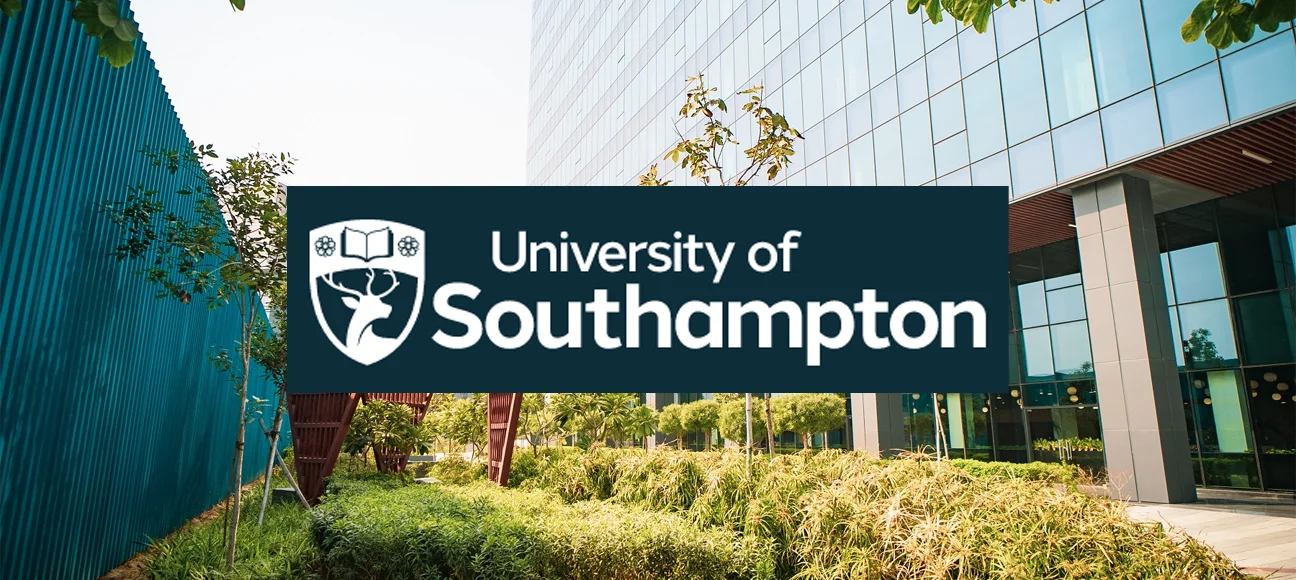
University of Southampton’s India Campus Attracts Global Interest Ahead of August 2025 Launch
The University of Southampton has received more than 800 applications, including from Nepal, Myanmar, and the UAE for its…
By Aahana

Record Number of Chinese Students Apply to UK Universities Through UCAS
The United Kingdom has witnessed a record surge in Chinese undergraduate applications this year, according to the latest…
By Advay

US Study Abroad Secures Key Victory Against Proposed Federal Funding Cuts
The United States has taken a decisive step in safeguarding its federal funding for international educational and cultural exchange…
By Daniel

London Mayor Slams Proposed Levy on International Student Tuition Fees
London Mayor Sadiq Khan has voiced strong opposition to the UK government’s proposal to introduce a levy on international…
By Ezra

New Zealand Eases Immigration Rules to Attract More International Students
New Zealand is set to roll out a series of major immigration reforms aimed at making the country a top destination for…
By Jace

Dubai Expands Global Education Reach with Three New University Campuses
Dubai has taken a major step towards solidifying its position as a global education hub, announcing the addition of three…
By Aahana

Canada’s Language Sector Suffers 15% Drop Amid Visa Policy Shifts
Canada’s language education sector has taken a significant hit, with student numbers falling by 15% in…
By Neerav

Seoul Dethrones London as World’s Best Student City in QS 2026 Rankings
London has lost its long-held crown as the world’s top student city, with Seoul taking the number one spot in the latest QS…
By Vaidant

PTE Academic Improvements ( Near- term August 2025)
1. New Real-World Speaking Tasks Announced “Respond to a Situation”: Candidates will be given a situation and asked to…
By Sunithi

US Colleges Brace for Drop in International Enrolment Amid Policy Uncertainty
US universities are preparing for a potential decline in international student enrolments for…
By Advay

Ireland Hosts Record 128,000+ English Language Students in 2024, Injecting €792 Million into Economy
Ireland’s English Language Education (ELE) sector welcomed a record 128,761 international students…
By Siya
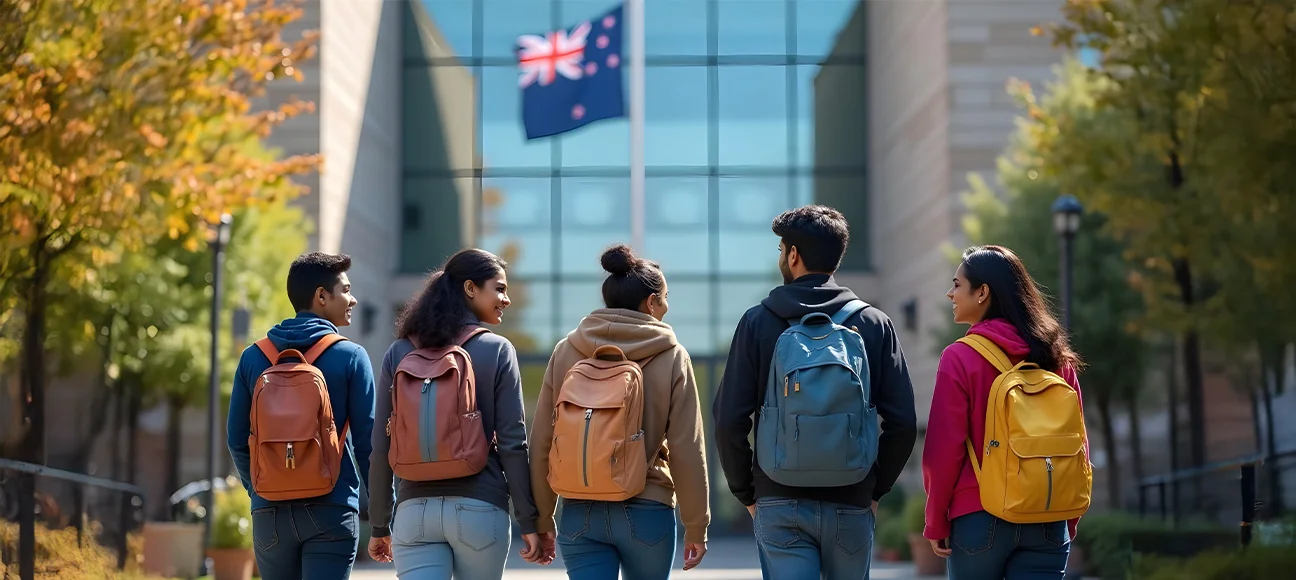
New Zealand Unveils Growth Plan to Attract 35,000 More International Students by 2034
New Zealand has launched an ambitious 10-year strategy to boost international student numbers by…
By Daniel
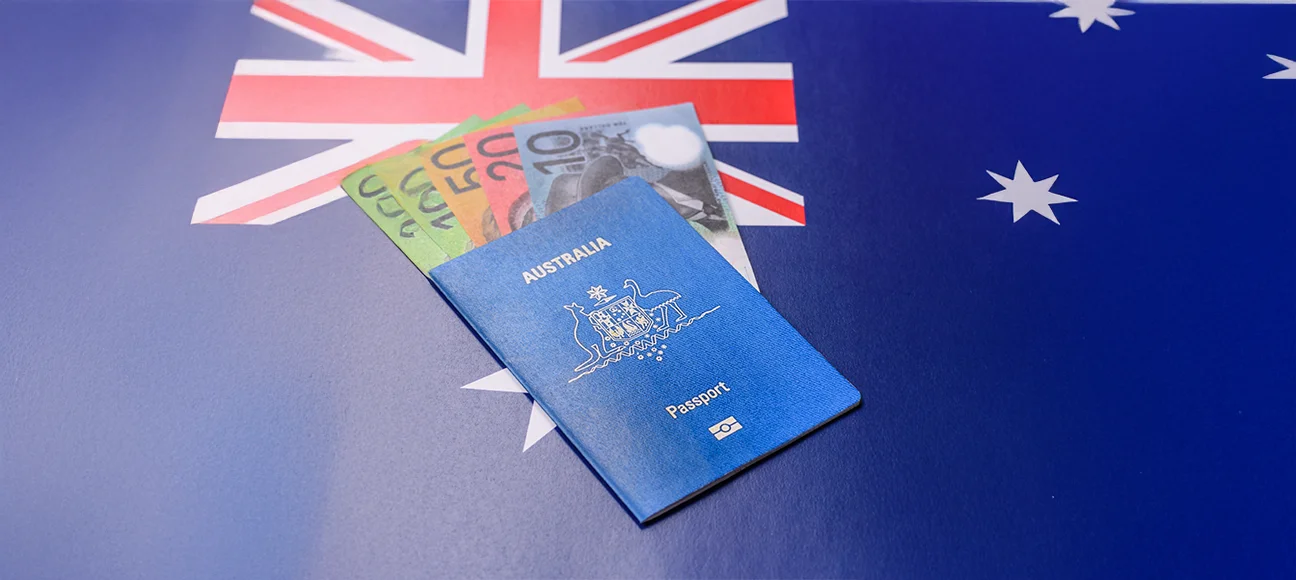
Australia Hikes Student Visa Fee to AUD 2,000, Becomes Costliest Study Destination
Australia has raised its student visa application fee for Subclass 500 from AUD 1,600 to AUD 2,000, effective…
By Kai
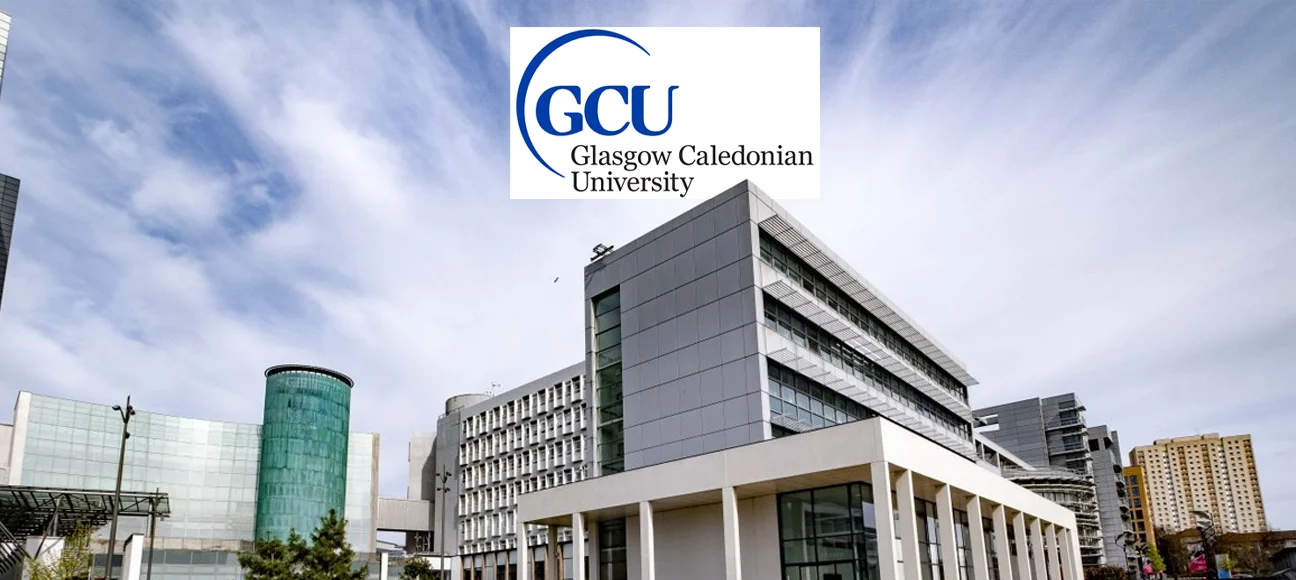
Glasgow Caledonian University Pauses International Recruitment Amid Compliance Concerns
Glasgow Caledonian University has temporarily suspended international student recruitment for several…
By Ezra

Pearson Upgrades PTE Academic with New Speaking Tasks and Stricter AI Scoring from August 2025
Pearson has announced key updates to the Pearson Test of English (PTE) Academic, introducing two new speaking…
By Siya

Canada Raises Financial Requirement for International Students Starting September 2025
Canada has announced an increase in its cost-of-living financial requirement for international students, raising the threshold to…
By Advay

US Escalates Subpoena Battle with Harvard Over International Student Records
The United States has intensified its legal standoff with Harvard University, as the Department of Homeland Security (DHS) formally…
By Jace

US Corrects Data Error After 200,000 International Students Overlooked
The United States has admitted to a significant federal data error that undercounted over 200,000 international students in…
By Aahana

UK Study Raises Alarms Over “Less Traditional” English Language Tests
A new study by the Universities of Dundee and Cambridge has sparked debate across the…
By Aahana

Trump Administration Reconsiders Time Limits for US Student Visas
The United States may soon reintroduce fixed time limits on international student visas, ending the current…
By Ezra

Denmark Expands Positive List for Foreign Workers from 1 July 2025
Denmark has announced a major update to its Positive List for foreign workers, increasing the number of eligible job roles…
By Daniel

UK Home Office Explores Remote Testing Options for £680m HOELT Tender
The UK Home Office has launched a fresh round of market engagement for its upcoming Home Office English Language Test…
By Neerav

Kazakhstan Emerges as Global Education Hub with Surge in International Campuses
Kazakhstan is fast becoming a new hotspot for international higher education as universities from across the globe prepare…
By Kai

Italy to Issue 500,000 Work Permits for Foreign Nationals Between 2026 and 2028
In a significant move to address labour shortages and demographic decline, Italy has announced plans to issue…
By Vaidant

Norway Proposes Fee Flexibility for Non-European Students Amid Enrolment Drop
In response to a steep decline in international enrolments, the Norwegian government has proposed giving universities and colleges…
By Siya
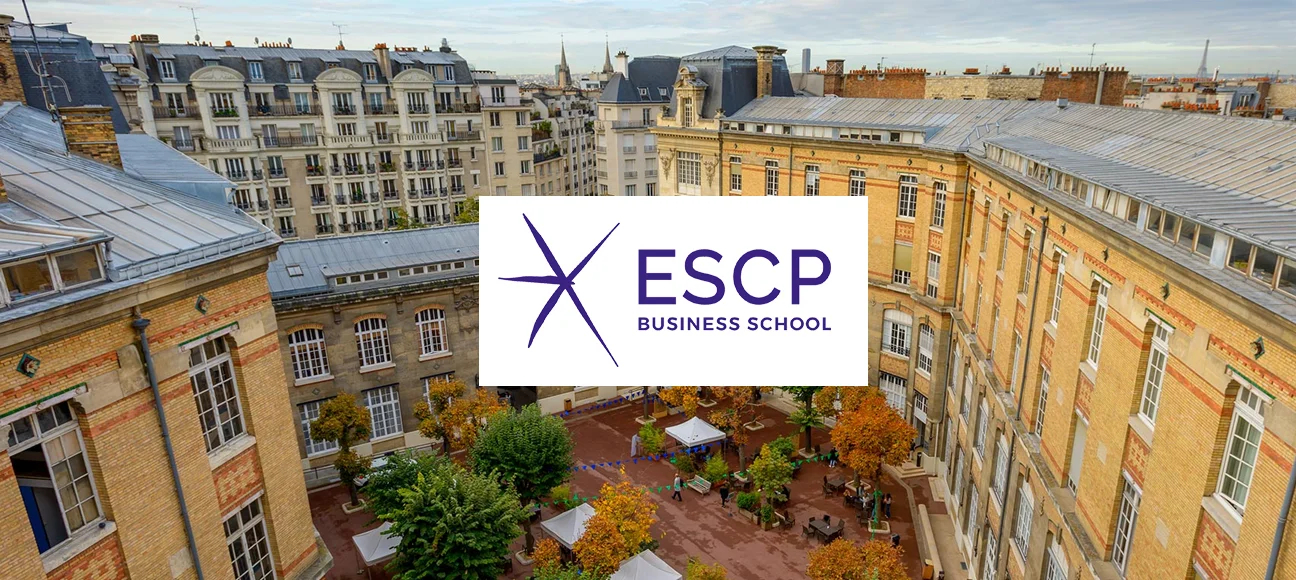
France’s ESCP Business School Launches New Schools, Deepens India Ties
France’s ESCP Business School has announced a major expansion plan under its 2026–2030 Bold & United…
By Advay

JGU Signs MoUs with Cambridge Colleges to Launch Study Abroad Programmes
India’s O.P. Jindal Global University (JGU) has formalised strategic partnerships with two colleges of…
By Kai
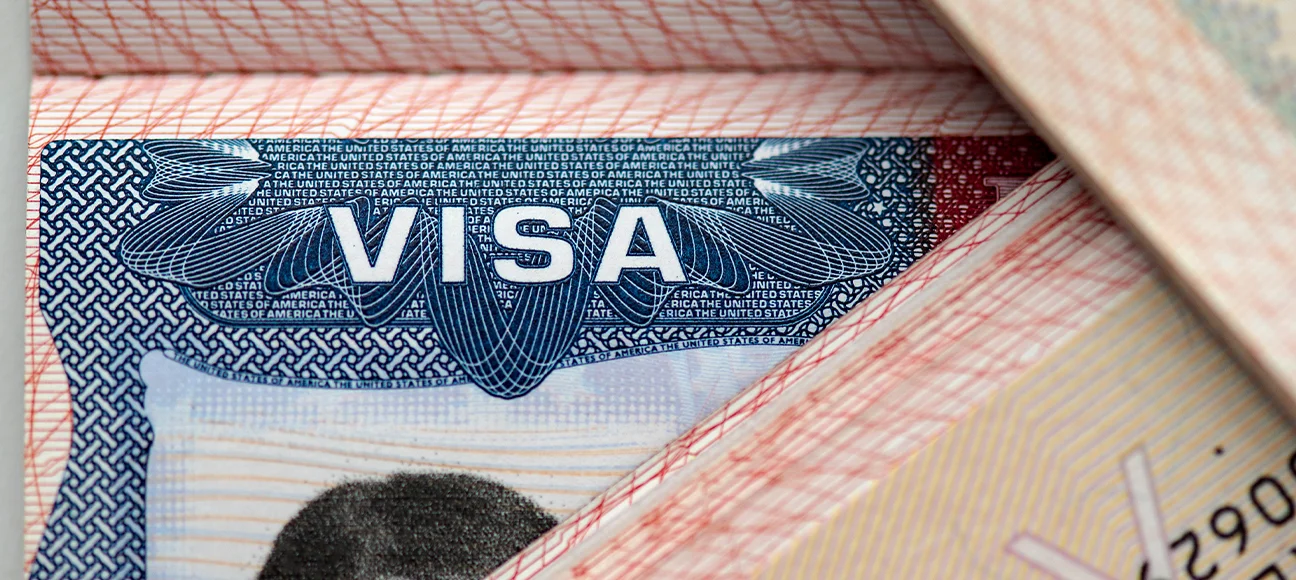
Visa Denials Top the List of Challenges for US English Language Sector
Despite slight growth in student numbers, visa denials have emerged as the leading challenge facing the US English Language…
By Jace

Japan’s Study Abroad Numbers Rebound in 2024, Australia Leads as US Interest Declines
Japan’s outbound study abroad figures have nearly returned to pre-pandemic levels, according to the Japan Association of Overseas…
By Vaidant

Duolingo Launches UK Welcome Project to Support Displaced International Students
In response to rising visa delays and geopolitical disruptions impacting student mobility, Duolingo English Test (DET) has launched…
By Neerav

Australia Launches Interim Tertiary Education Commission to Drive Long-Term Reform
In a significant policy shift, the Australian Government has officially launched the interim Australian Tertiary Education…
By Daniel
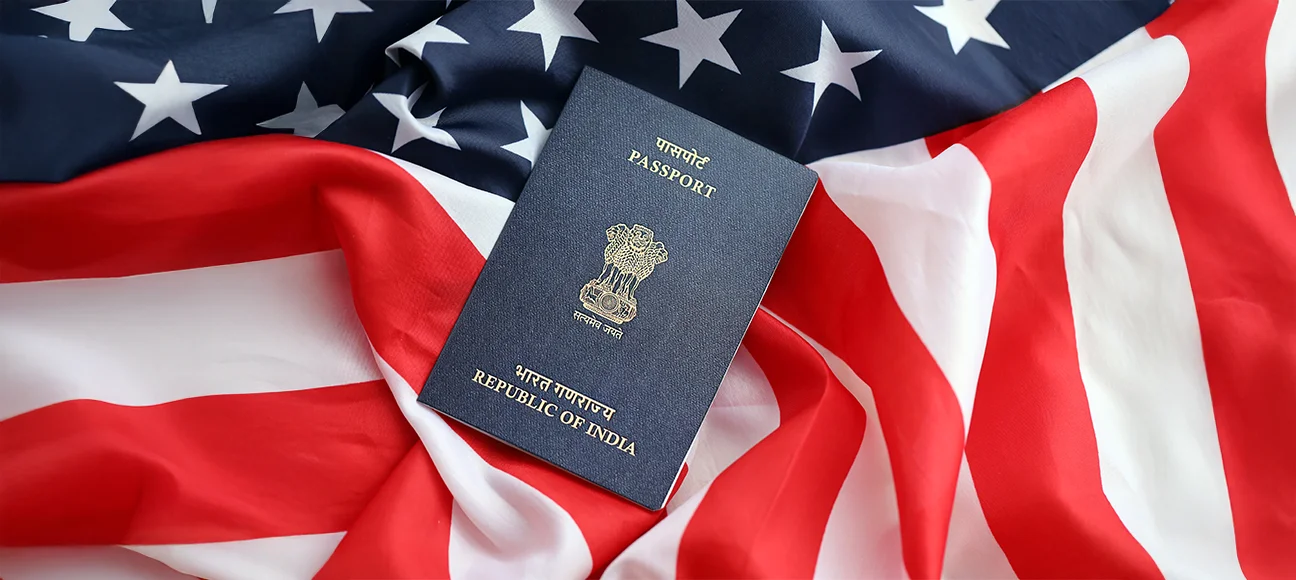
India Calls for Fairness as US Tightens Student Visa Screening
India has urged the United States to ensure fair treatment of Indian nationals following Washington’s recent directive to intensify…
By Henry
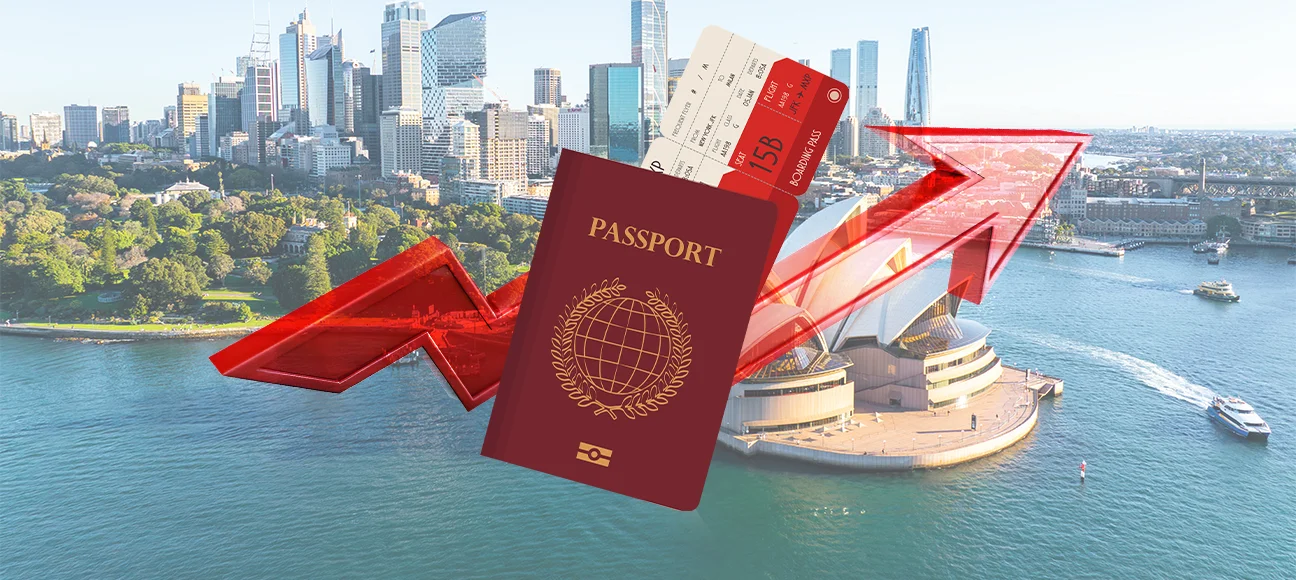
Australia Hikes Student Visa Fee to AUD$2,000, Sparking Sector-Wide Concerns
The Australian government has increased its student visa application fee to AUD$2,000, solidifying its position as the most expensive…
By Kai
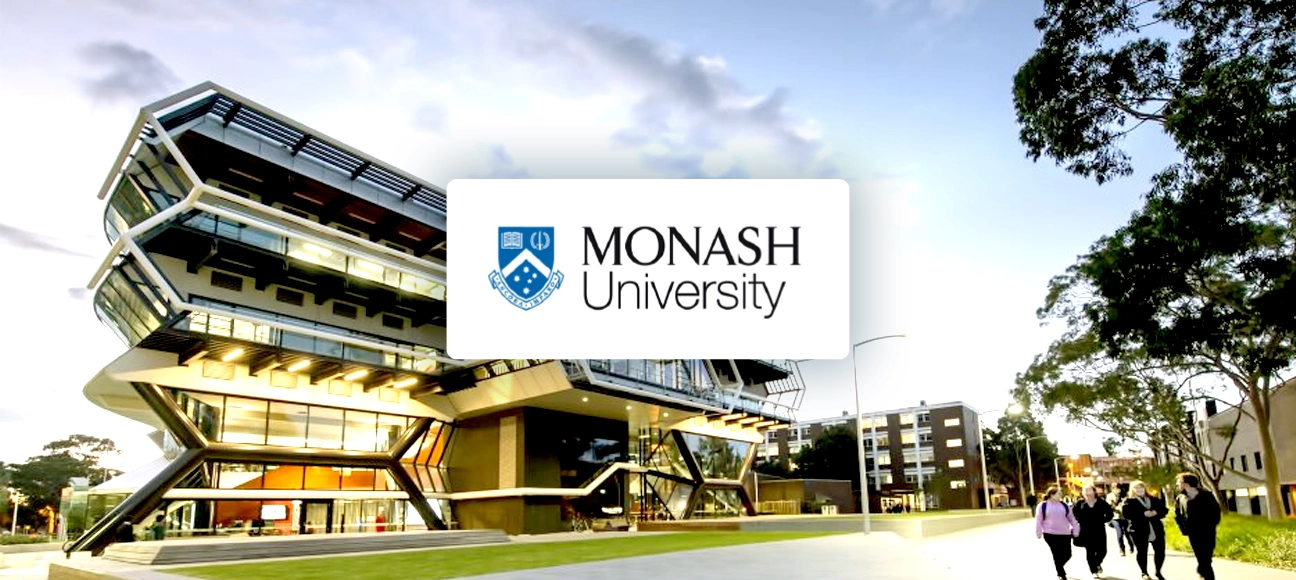
Monash University, Australia, Announces 2025 International Leadership Scholarship for Global Students
Monash University, Australia, has opened applications for its prestigious Monash International Leadership Scholarship, aimed at…
By Aahana
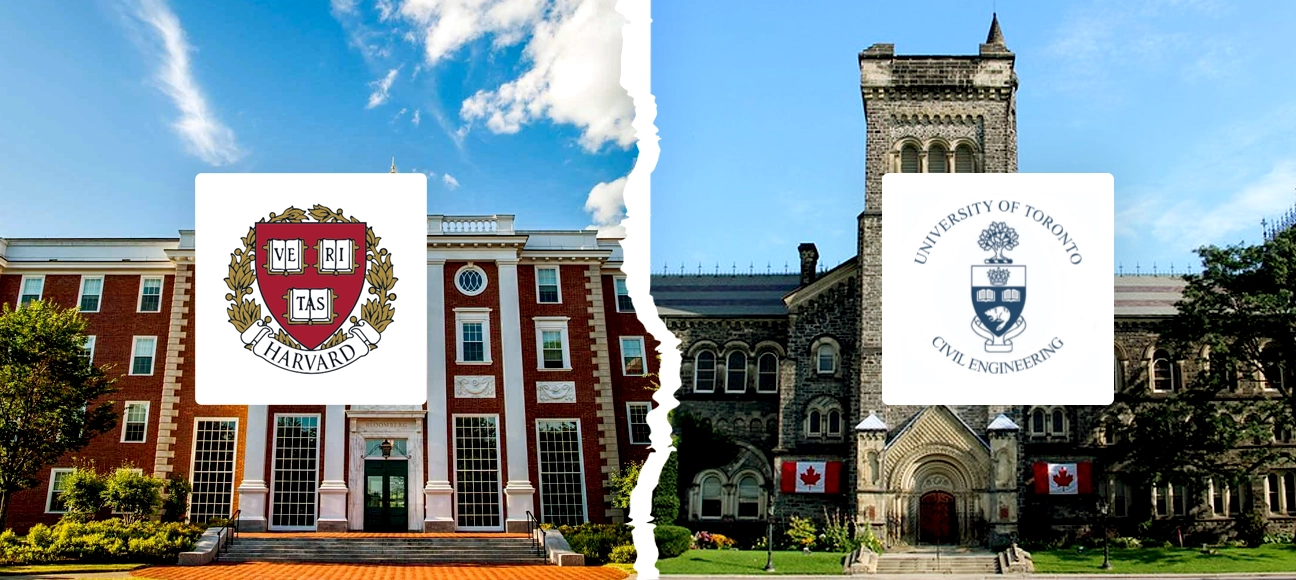
Harvard Partners with University of Toronto to Protect International Students Amid US Visa Uncertainty
Harvard University has announced a contingency partnership with the University of Toronto to safeguard international students’ academic…
By Advay
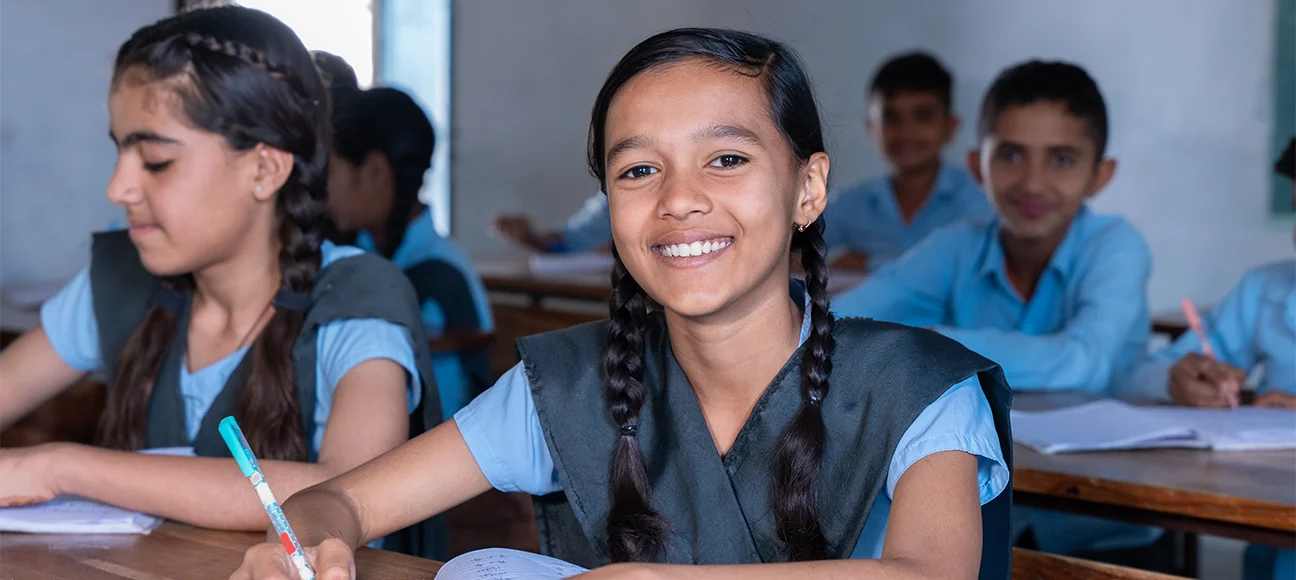
CBSE Announces Twice-a-Year Class 10 Board Exams Starting 2025 Under NEP Reform
In a major reform aligned with India’s National Education Policy (NEP) 2020, the Central Board of Secondary Education (CBSE) has announced…
By Ezra

Canada Revises PGWP Eligibility List, Removing 180 Fields of Study
In a fresh policy update, the Government of Canada has revised the list of programmes eligible for the coveted Post-Graduation…
By Jace

New Zealand Relaxes Visa Rules for Degree Holders from India and Eight Other Nations
In a significant boost to international mobility, New Zealand has updated its List of Qualifications Exempt from Assessment (LQEA), easing immigration…
By Siya

UAE’s New Study Abroad Criteria Raise Concerns Over Ranking-Driven Restrictions
The United Arab Emirates has introduced stricter study abroad regulations for Emirati students, tying eligibility for overseas…
By Daniel